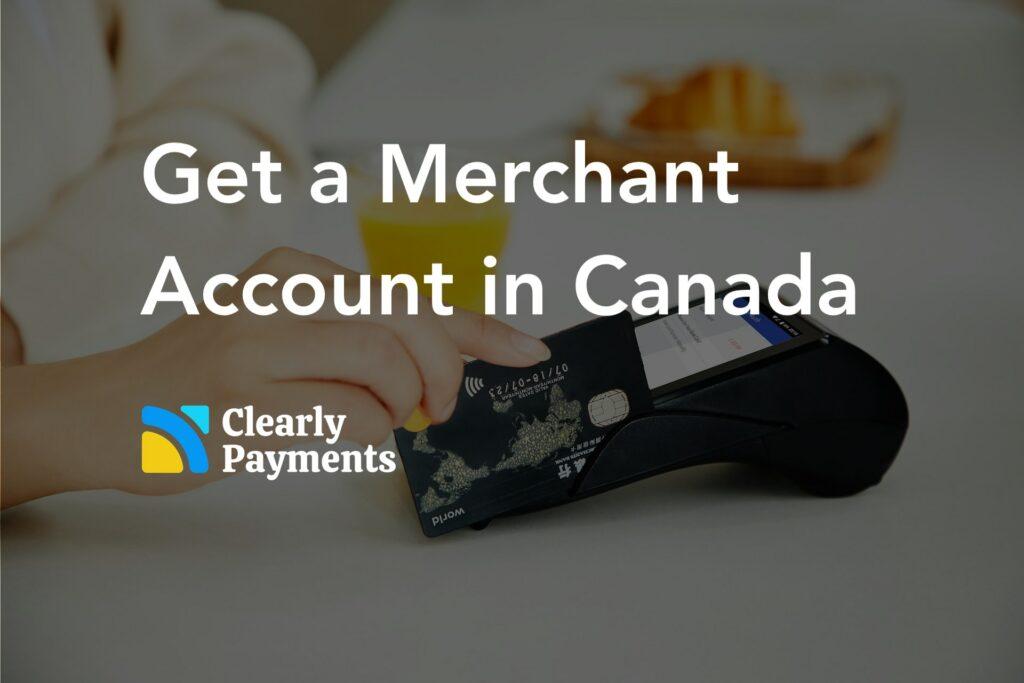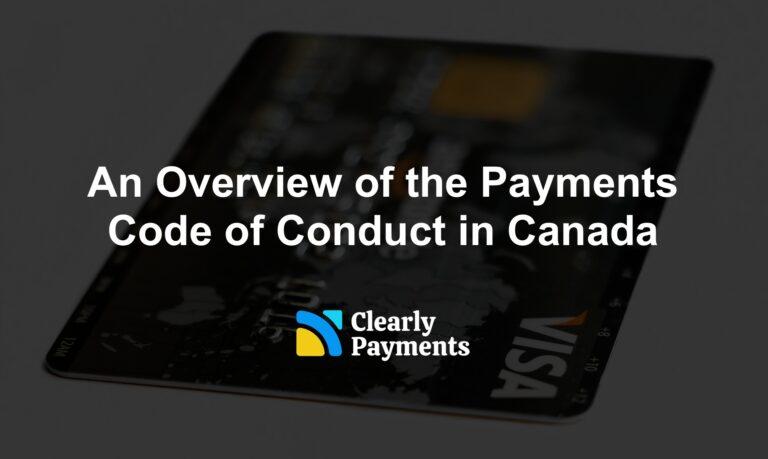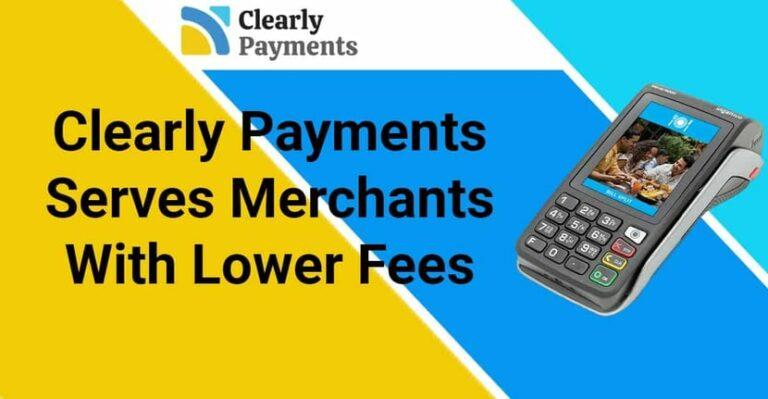Merchant accounts offer businesses a range of advantages. They enable businesses to accept credit and debit card payments, accommodating customers who prefer cashless transactions. This convenience can lead to increased sales as customers are more likely to make larger and more frequent purchases. By facilitating credit card payments, businesses also project professionalism and credibility, crucial for building customer trust.
With a merchant account, online and remote sales become feasible, expanding a business’s reach, and enabling global transactions in various currencies. Additionally, merchant accounts streamline transactions, reduce security risks associated with cash handling, provide transaction records for financial management, and integrate with modern point-of-sale systems. They also offer secure payment gateways and flexibility in payment options, all contributing to an enhanced customer experience and business growth.
What is a merchant account?
A merchant account is a specialized type of bank account that enables businesses to accept credit and debit card payments from customers. It serves as an intermediary between the business, the customer’s issuing bank (which provides the credit or debit card), and the payment processor. When a customer makes a card payment, the funds are first deposited into the merchant account before being transferred to the business’s regular bank account.
Merchant accounts are essential for businesses that wish to offer card payment options, whether in physical stores, online, or through other means like phone orders. They provide the necessary infrastructure to process these transactions securely and efficiently. Merchant accounts are typically provided by financial institutions or specialized payment service providers.
Businesses that want to set up a merchant account usually need to go through an application process, which may involve credit checks and assessment of the business’s financial stability. Once approved, the business receives the tools and information needed to integrate card payment processing into their operations, including access to payment gateways for online transactions.
While merchant accounts offer numerous benefits, they also come with associated costs, including transaction fees and sometimes monthly service charges. These fees can vary based on factors such as the volume of transactions, the types of cards accepted, and the level of security features provided.
The difference between a merchant account and an aggregator or PSP account
The primary difference between a merchant account and an aggregator account lies in how they handle payment processing for businesses:
A merchant account is a dedicated account for larger businesses that want to accept credit cards. They are typically best for businesses processing over $200k per year.
- A merchant account is a dedicated account established by a business with a bank or a payment processor.
- Each business has its own unique merchant identification number (MID) associated with its merchant account.
- With a merchant account, businesses can directly accept and process credit and debit card payments from customers.
- Businesses with merchant accounts have more control over their payment processing, including customization, branding, and potentially negotiating processing fees.
- Merchant accounts are often suitable for businesses with higher transaction volumes, established credit, and more complex payment processing needs.
- They require a more thorough application and approval process, including credit checks and business verification.
An aggregator account (or payment service provider – PSP) is a shared merchant account typically used by smaller businesses processing less than $200k per year.
- An aggregator account is a shared account held by a payment aggregator or a payment service provider (PSP). Examples of aggregators are Square and PayPal.
- Multiple businesses use the same aggregator account to process their payments. Each business doesn’t have its unique MID; they share the aggregator’s MID.
- Aggregators handle payment processing on behalf of the businesses using their platform. They aggregate payments from multiple merchants and settle them collectively.
- Aggregator accounts are often quicker and easier to set up, making them suitable for small businesses, startups, or individuals.
- They’re ideal for businesses with lower transaction volumes or those looking for a simpler and faster way to start accepting payments.
- Aggregators typically offer a standardized payment processing experience with less customization, and their fees might be higher due to the convenience they provide.
The key distinction is that a business individually owns a merchant account and provides more control, customization, and potentially lower fees for businesses with higher processing volumes. An aggregator account is shared among multiple businesses. It is managed by an aggregator or PSP, offering convenience and ease of setup, making it suitable for smaller businesses or those seeking a straightforward solution for accepting payments. Companies should consider their specific needs, transaction volumes, and preferences when choosing between these options.
How long does it take to get a merchant account?
The time it takes to get a merchant account can vary depending on several factors, including the provider you choose, your business type, your credit history, the completeness of your application, and the complexity of your payment processing needs. Overall, it generally takes 2 to 7 business days to get a merchant account. Here’s a general overview of the timeline involved in obtaining a merchant account:
Application and Documentation: The initial step involves completing an application form and providing the required documentation. This may include your business’s legal information, tax ID, financial statements, business plan (if applicable), and possibly personal credit history for the business owner(s).
Underwriting and Approval: Once you submit your application, the merchant account provider will review your information. They may perform credit checks and assess the risk associated with your business. The underwriting process can take anywhere from a few days to a couple of weeks, depending on the provider’s procedures and the complexity of your application.
Verification: The provider may need to verify the information you’ve provided. This could involve contacting your bank, checking references, or requesting additional documentation. This stage can add some time to the process.
Overall, the process of obtaining a merchant account can take anywhere from a couple days to a few weeks if its a very complex business. It’s important to choose a reliable merchant account provider, like TCM, and ensure that your application is complete and accurate to expedite the approval process. If you’re in a hurry to start processing payments, consider discussing your timeline expectations with potential providers to get a better idea of their typical processing times.
What is the best merchant account in Canada?
A few well-known and reputable merchant account providers in Canada that you might consider researching:
Square: Square is the most popular aggregator account. This means it is a shared merchant account. You should consider Square if you process more than $200k per year in credit cards. It offers a range of payment processing solutions, including card readers, online payments, and POS systems.
Moneris: Moneris is Canada’s largest payment processor, offering a variety of payment solutions, including in-person, online, and mobile payments. Moneris provides a range of features and services suited for businesses of different sizes.
TCM: TCM is a Canadian provider of payment technology solutions, offering merchant account services in Canada and the USA. They cater to businesses of various sizes and industries.
Chase Paymentech: Chase Paymentech is another prominent payment processor based in the USA but offers services in Canada for various industries and business sizes. They provide comprehensive payment processing solutions, including point-of-sale, e-commerce, and mobile payments.
When looking for the best merchant account provider for your business in Canada, consider factors such as transaction fees, contract terms, available features (e.g., online payments, mobile payments), customer support, ease of integration, and compatibility with your business’s needs. It’s a good idea to compare multiple providers, read reviews, and even reach out to their customer support to get a sense of their offerings and responsiveness. Keep in mind that the “best” provider for your business might depend on your specific requirements and preferences.
Get the best merchant account in Canada from TCM
- Lowest-cost processing in the industry
- Fund transfers in less than one day
- A full set of payment products to accept credit cards from anywhere in the world
- World-class customer service




